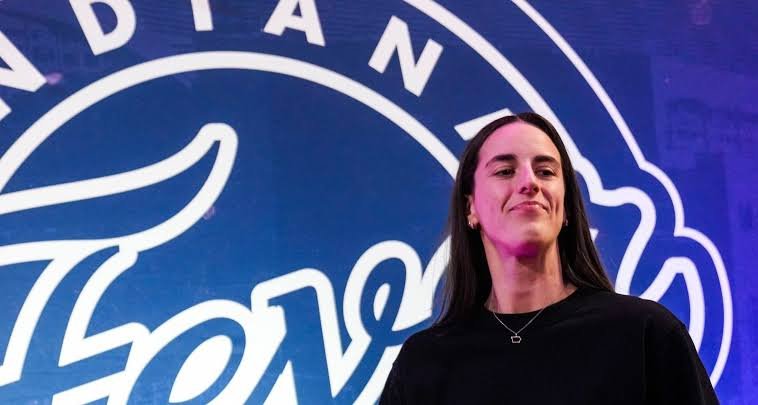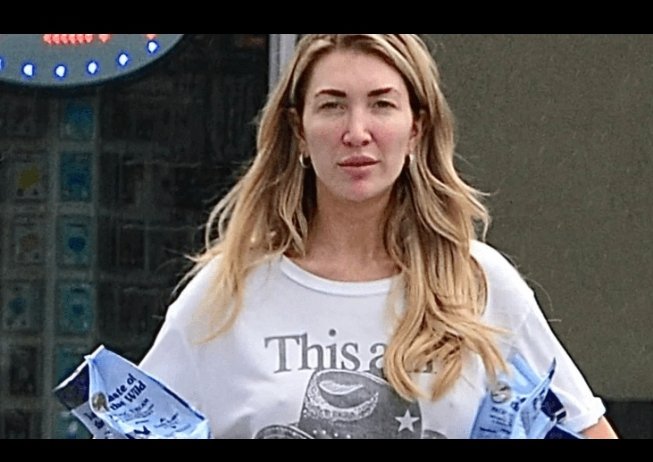
Caitlin Clark, the Indiana Fever guard and 2024 TIME Athlete of the Year, has stirred controversy after speaking out about white privilege within the WNBA. In an interview with TIME, Clark acknowledged the role her white identity plays in the attention she receives, emphasizing the contributions of Black players to the league’s success. “A lot of those players in the league that have been really good have been Black players,” Clark stated, noting that the WNBA was built on their talents. She also expressed her desire to help elevate Black women within the sport, a stance that has sparked both praise and backlash.
One of her harshest critics has been conservative media personality Megyn Kelly. Kelly took to social media to criticize Clark, accusing her of “self-flagellation” for acknowledging her privilege. In a post on X (formerly Twitter), Kelly argued that Clark’s comments were condescending and insincere, suggesting that she was apologizing for being white. Kelly’s response highlights a broader divide in how some view Clark’s attempt to address systemic issues in the WNBA.
Clark’s remarks come amid ongoing discussions about racial dynamics in American sports. Her former teammate, Temi Fagbenle, also weighed in, pointing out the “Great White Hope” narrative that sometimes surrounds white players like Clark, especially in a league dominated by Black athletes. Despite the criticism, Clark has remained firm in her belief that speaking out about these issues is necessary to bring about change and recognition for players who have often been overlooked.
Clark’s decision to acknowledge her privilege has been met with mixed reactions. While some admire her willingness to confront uncomfortable truths, others, like Kelly, argue that she is playing into a narrative that could alienate her fanbase. Regardless of the criticism, Clark continues to challenge the status quo, using her platform to address race and privilege within the sports world.
As Clark moves forward in her career, it’s clear that she will not shy away from discussing difficult topics, even if it means losing support from certain corners of the sports community. Her stance on racial inequality in the WNBA and her efforts to highlight the achievements of Black women in the league may continue to spark debate, but they also push the conversation forward, ensuring that these issues remain at the forefront of discussions about the future of women’s basketball.




